Maintaining a car goes beyond simply filling up the gas tank and occasionally washing it. Many drivers unknowingly engage in habits that can lead to costly repairs and reduce the lifespan of their vehicles. By understanding these common mistakes, you can keep your car running smoothly and avoid unnecessary visits to the mechanic.
Contents
Skipping Regular Maintenance Schedules
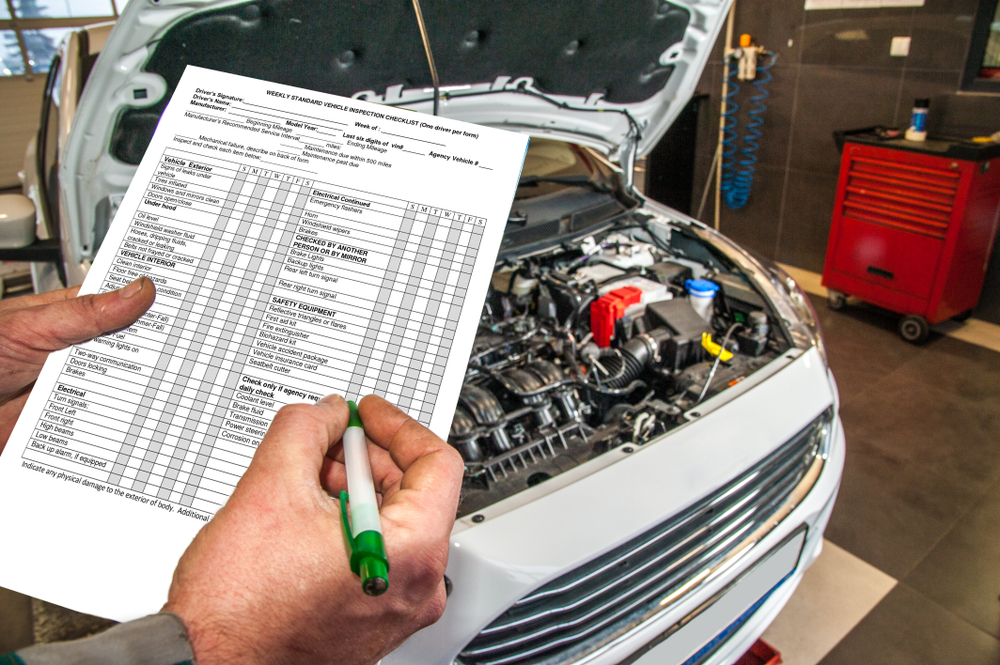
Regular maintenance schedules are critical for keeping your car running smoothly and efficiently. These schedules include oil changes, filter replacements, tire rotations, and system checks that help identify potential problems before they escalate. Skipping these appointments can lead to minor issues becoming major, more expensive repairs. For example, neglecting oil changes can result in sludge buildup in the engine, reducing its efficiency and potentially causing severe damage. Regular maintenance also ensures that your car remains safe to drive, as components like brakes, tires, and suspension systems are routinely inspected and serviced.
Overloading Your Car Beyond Its Recommended Capacity

Overloading your car beyond its recommended capacity can cause significant strain on various components, including the suspension, brakes, and engine. This extra weight can lead to premature wear and potential failure of these parts. Additionally, overloading affects your car’s handling and braking performance, making it more difficult to control and increasing the risk of accidents. Over time, the added stress can also reduce fuel efficiency and increase the likelihood of costly repairs. Adhering to the manufacturer’s recommended load limits helps ensure that your car operates safely and efficiently.
Continuously Driving with Low Fuel
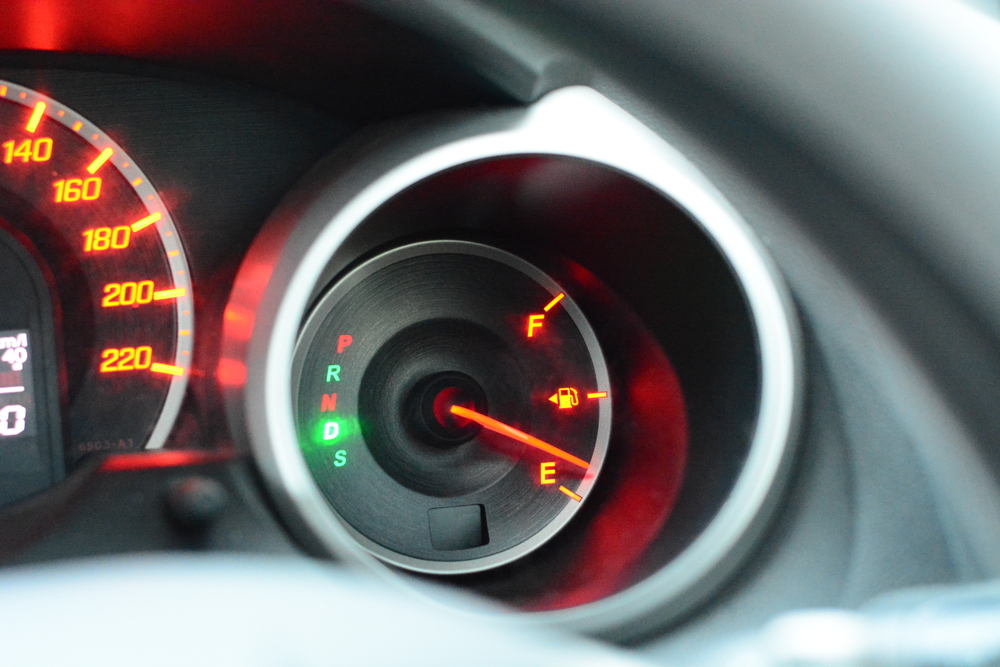
Frequently driving with a low fuel level can damage your fuel pump and clog your fuel filter. When the fuel level is low, sediment from the bottom of the tank can be drawn into the fuel system, leading to clogs and reduced efficiency. This not only impacts your car’s performance but also increases the risk of breakdowns. Additionally, driving on low fuel can cause the fuel pump to overheat, as it relies on fuel for lubrication and cooling. Keeping your tank at least a quarter full ensures that the fuel pump stays lubricated and helps prevent these issues.
Delaying Brake Inspections and Repairs
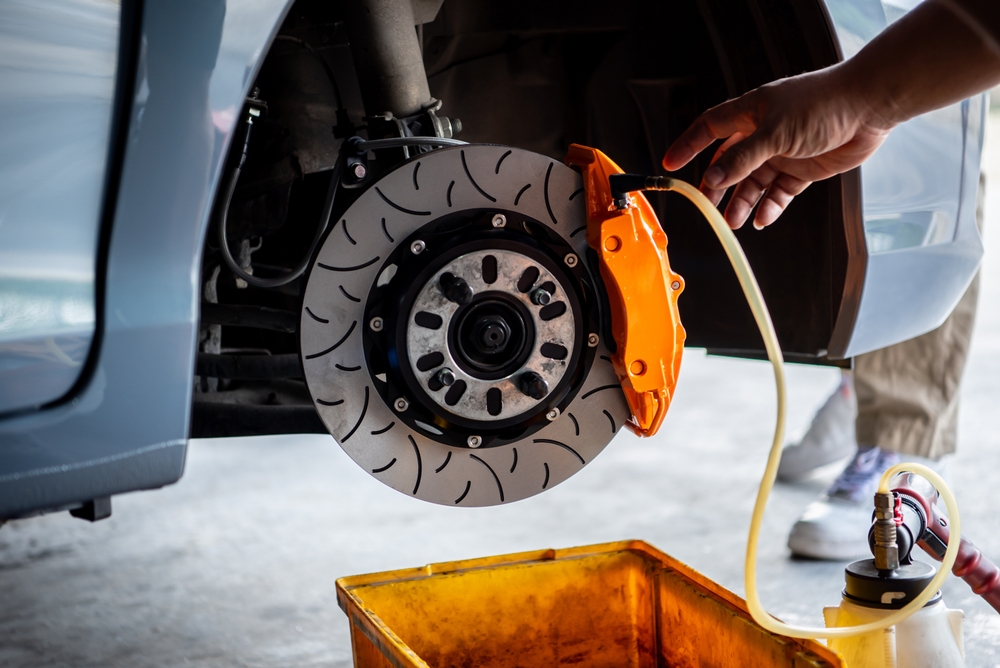
Brakes are critical for your safety, and delaying their inspection or repair can lead to dangerous situations. Worn brake pads and rotors not only reduce stopping power but can also damage other components, leading to more costly repairs. For instance, ignoring worn brake pads can cause damage to the rotors and calipers, resulting in a complete brake system overhaul. Regular brake inspections ensure that your braking system remains reliable and effective, providing you with the peace of mind that your car can stop safely in an emergency.
Ignoring Warning Lights
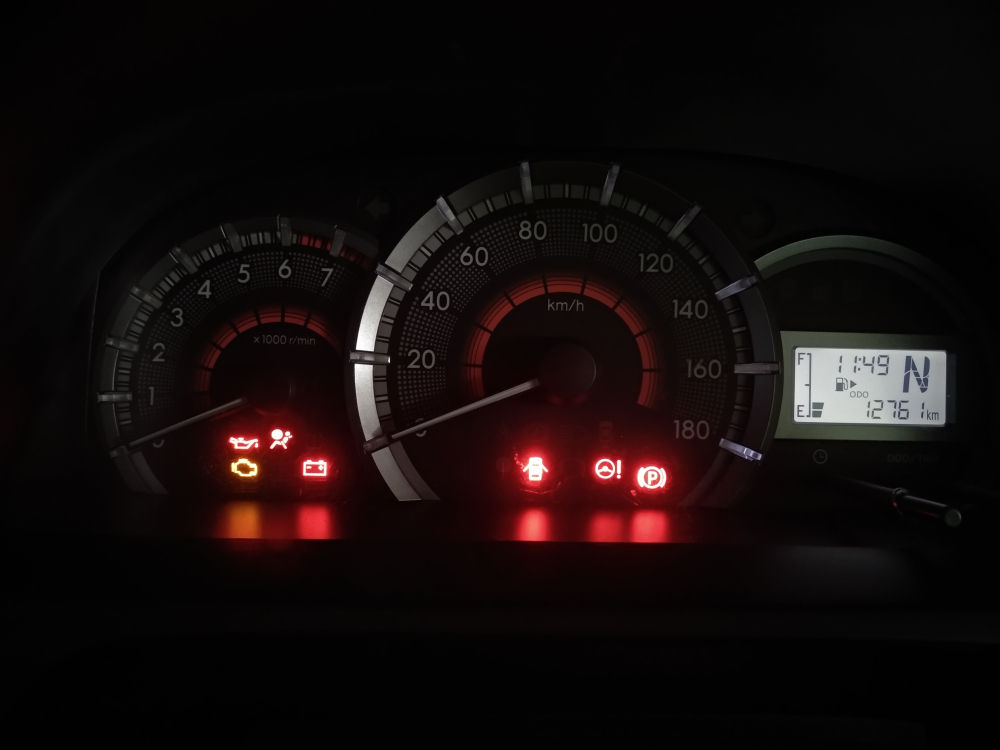
Modern cars have sophisticated systems that alert you to potential issues through warning lights on the dashboard. Ignoring these lights can lead to serious problems, as they often indicate issues with the engine, brakes, or other critical systems. For example, an illuminated check engine light could signal anything from a loose gas cap to a serious engine problem. Addressing these warnings promptly can prevent minor problems from escalating into major, costly repairs. By paying attention to these alerts, you can maintain your car’s health and avoid unexpected breakdowns.
Skipping Regular Inspections of Belts and Hoses
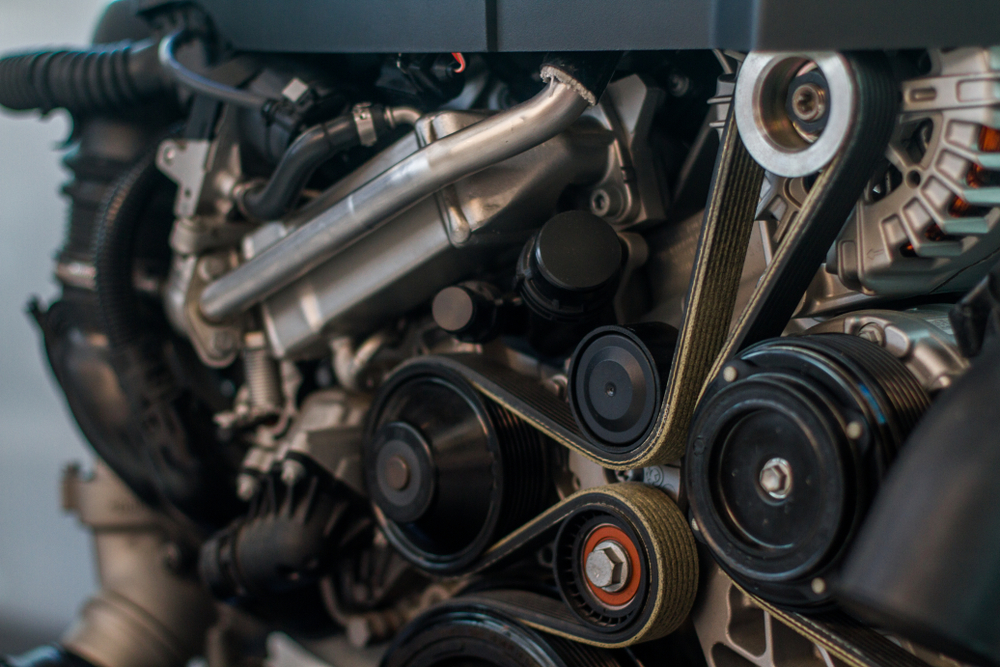
Belts and hoses play vital roles in your car’s operation, including the timing belt, serpentine belt, and various hoses that carry fluids. Over time, they can become worn or damaged, leading to engine overheating, loss of power, or complete breakdowns. For example, a broken timing belt can cause extensive engine damage, requiring expensive repairs. Regular inspections help identify wear and tear early, allowing for timely replacements and avoiding inconvenient failures. Maintaining these components ensures that your engine and other systems function smoothly.
Overlooking Alignment and Suspension Issues
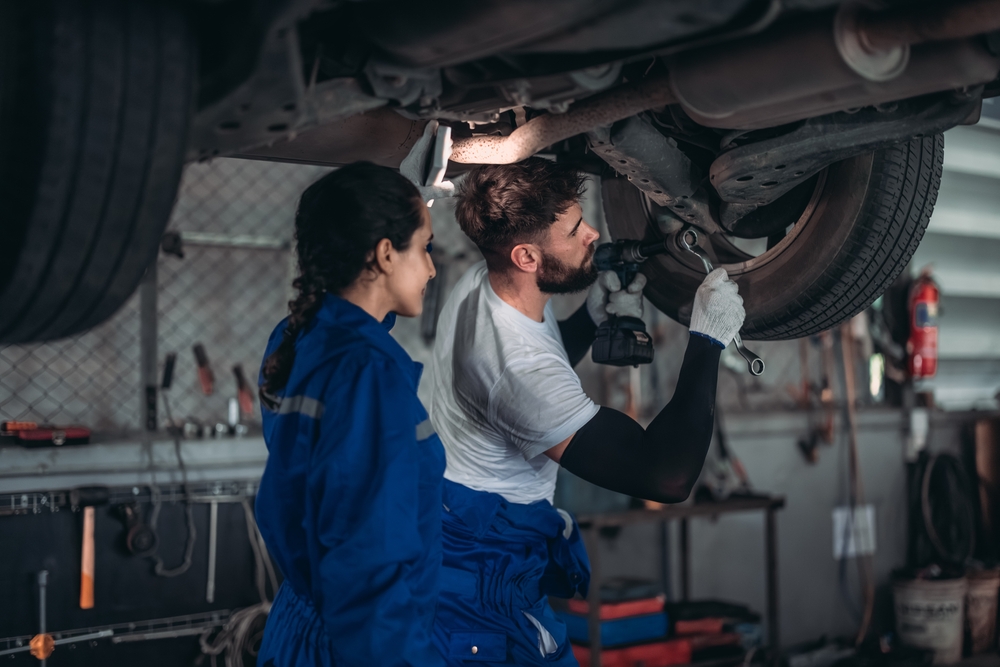
Proper alignment and suspension are crucial for a smooth and safe ride. Ignoring issues like uneven tire wear, pulling to one side, or a rough ride can lead to more significant problems, such as reduced handling and increased tire wear. Misalignment can cause your tires to wear unevenly, shortening their lifespan and affecting your car’s stability. Regular checks and adjustments ensure your car remains stable and responsive, enhancing your driving experience and safety. Keeping your suspension system in good condition also helps prevent damage to other components, such as the steering system.
Ignoring Transmission Fluid Checks and Changes
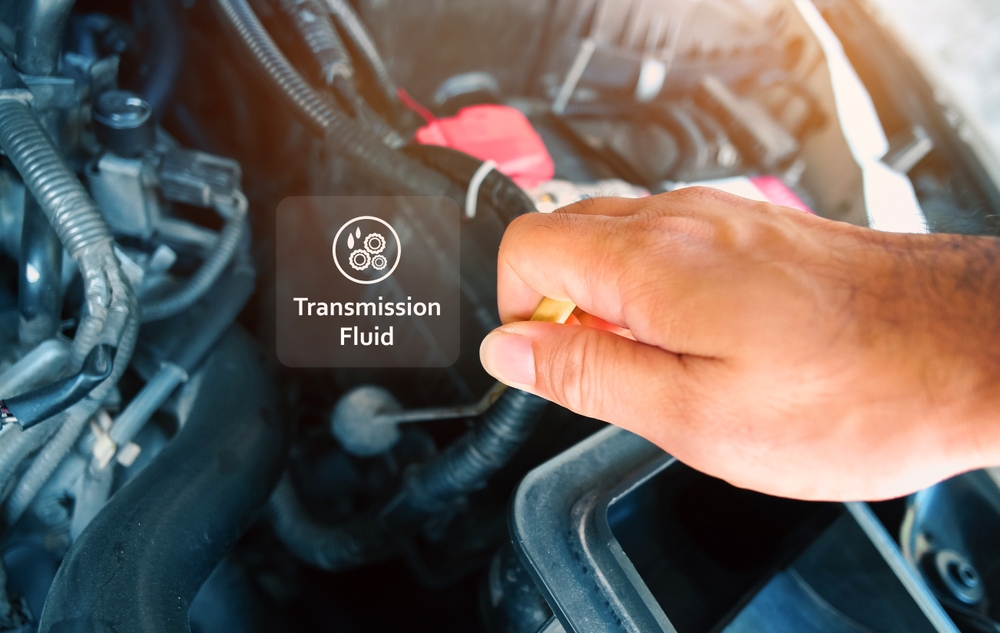
The transmission is one of the most complex and expensive components in your car. Regularly checking and changing the transmission fluid helps prevent overheating, slipping gears, and total transmission failure. Dirty or degraded transmission fluid can cause internal damage, leading to costly repairs or replacements. Clean, fresh fluid ensures smooth operation and extends the life of your transmission. Regular maintenance of your transmission system is essential for maintaining your car’s performance and avoiding unexpected breakdowns.
Using Incorrect or Low-Quality Fluids and Parts for Your Car
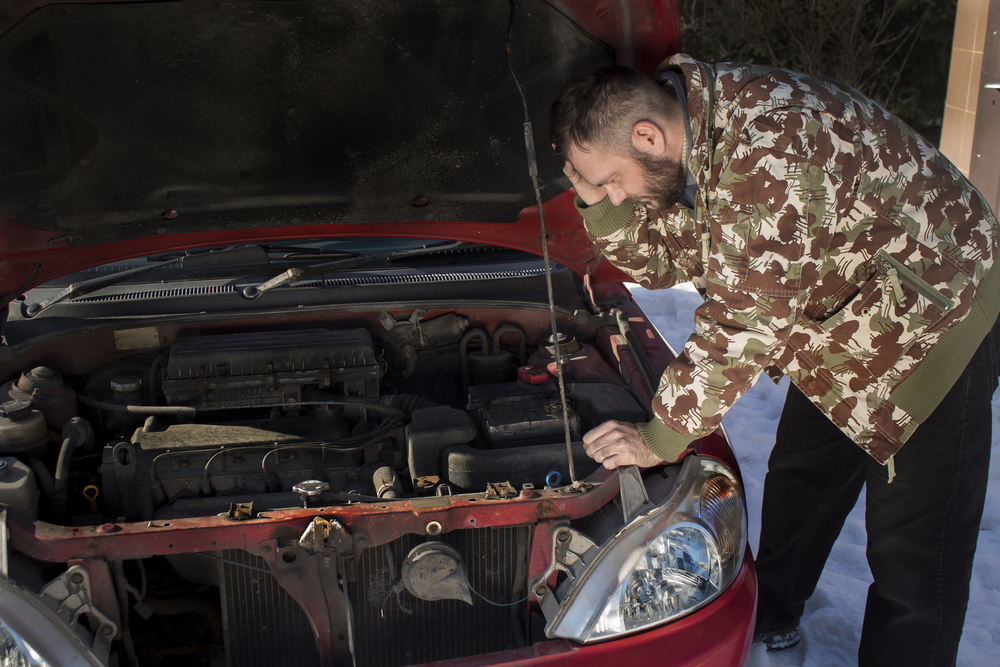
Using the wrong fluids or low-quality parts can severely impact your car’s performance and longevity. Cheap or incorrect products may not provide the necessary protection or functionality, leading to increased wear and potential failures. For example, using the wrong engine oil can cause excessive friction and heat, damaging the engine. Always use manufacturer-recommended fluids and high-quality parts to ensure your car runs smoothly. Investing in quality products helps maintain your car’s reliability and reduces the risk of costly repairs.
Neglecting to Check Tire Pressure and Tread Depth Regularly
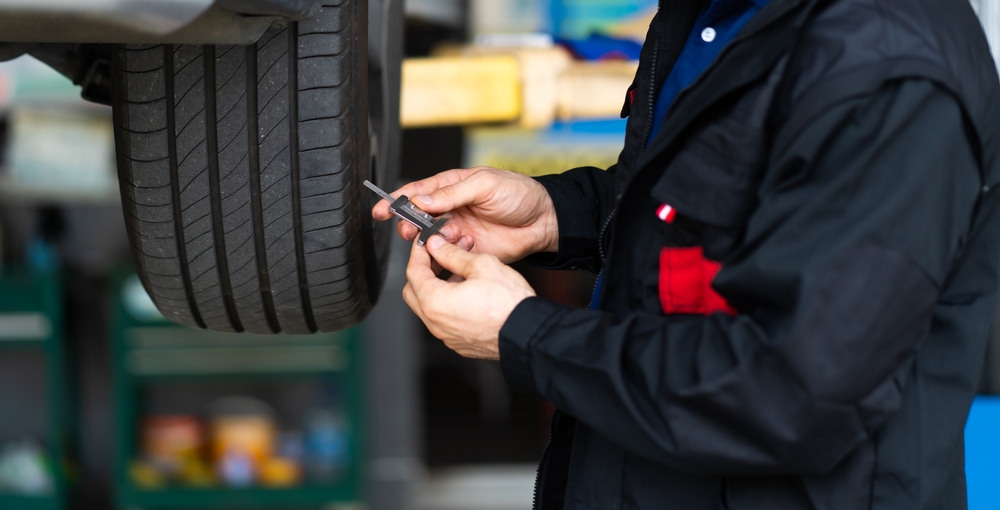
Proper tire pressure and adequate tread depth are essential for safe driving. Under-inflated or worn tires can lead to poor handling, reduced fuel efficiency, and increased risk of blowouts. Additionally, driving on tires with insufficient tread depth reduces traction, especially in wet or slippery conditions, increasing the risk of accidents. Regularly checking and maintaining your tires ensures optimal performance, safety, and longevity. Properly inflated tires also contribute to better fuel efficiency, saving you money on fuel costs.
Driving Aggressively

Rapid acceleration, hard braking, and high-speed driving put unnecessary stress on your car’s engine, transmission, and brakes. These habits increase wear and tear, reduce fuel efficiency, and can lead to premature failures. For instance, aggressive driving can cause the brakes to overheat, leading to brake fade and reduced stopping power. Adopting a smoother driving style helps keep your car in better condition and reduces repair costs. Additionally, driving calmly and predictably enhances your safety and the safety of other road users.
Ignoring Unusual Noises or Vibrations
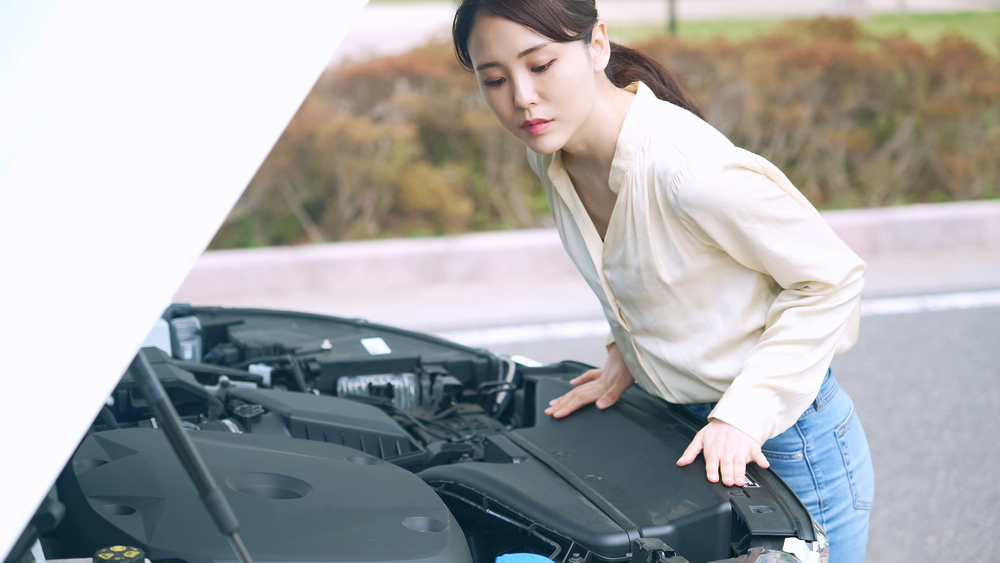
Unusual noises or vibrations can be early signs of mechanical issues. Ignoring them can lead to serious damage and costly repairs. For example, a grinding noise when braking could indicate worn brake pads, which, if left unaddressed, can damage the rotors. Paying attention to these warning signs and addressing them promptly can help identify and fix problems before they become major. Regularly listening for and investigating unusual sounds or sensations can help maintain your car’s reliability and safety.
Neglecting to Clean Your Car
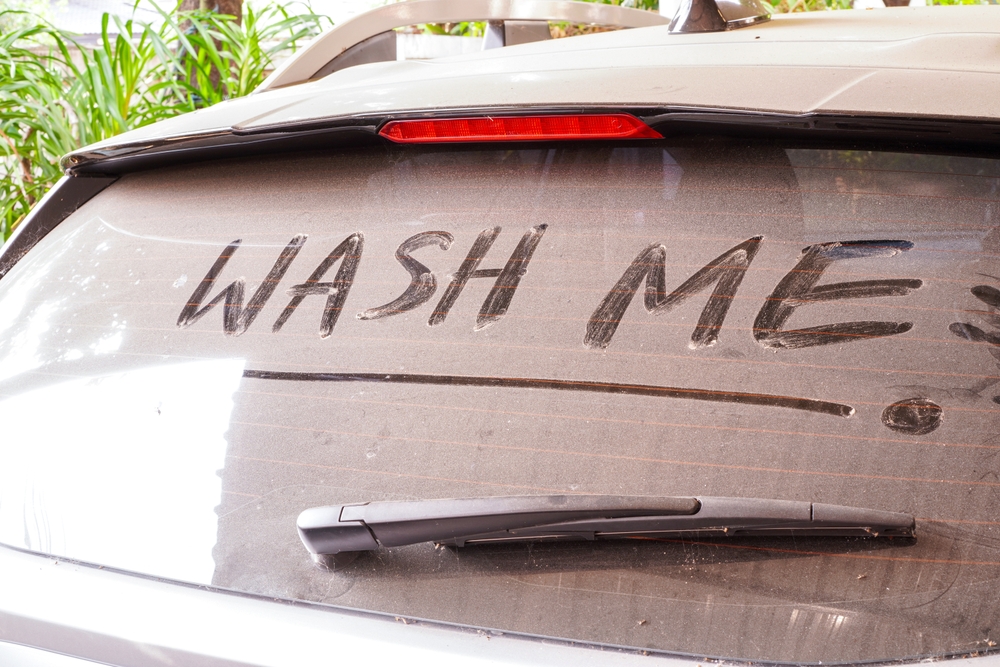
Regular cleaning, both inside and out, helps maintain your car’s appearance and prevents the buildup of dirt, salt, and other corrosive substances that can damage paint and metal components. A clean car also makes it easier to spot potential issues, such as fluid leaks or rust. Additionally, keeping the interior clean enhances your driving experience and reduces wear on seats and other surfaces. Regular cleaning helps preserve your car’s value and prolong its lifespan.
Skipping Regular Battery Checks
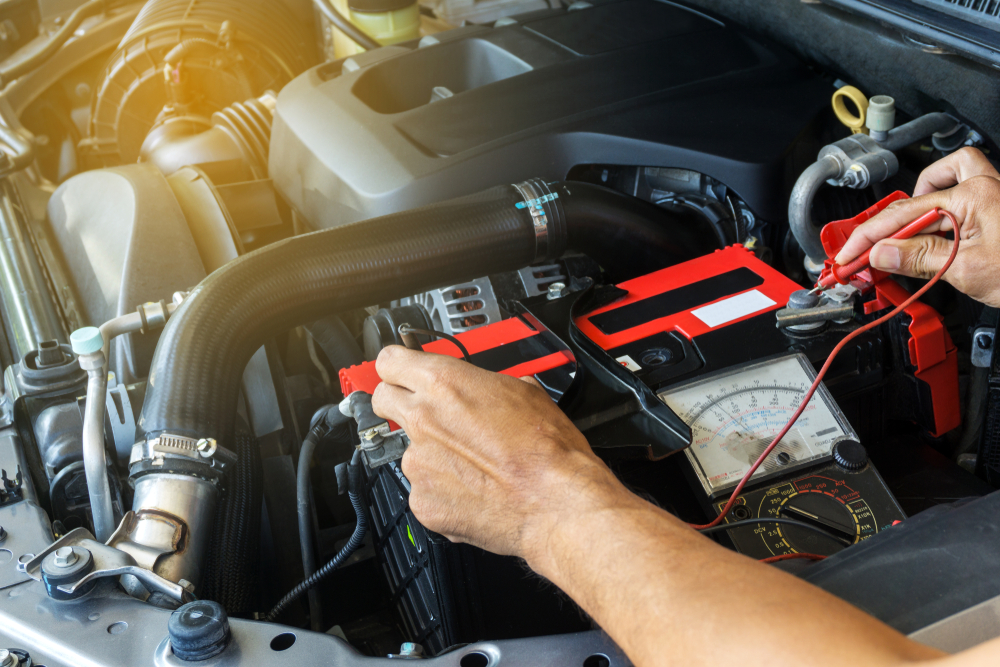
The battery is essential for starting your car and powering its electrical systems. Regular checks ensure that it is in good condition and properly charged. Cleaning the terminals and checking for corrosion can prevent starting issues and extend the battery’s life. For example, a battery with corroded terminals may not provide sufficient power to start the engine, leaving you stranded. Regular battery maintenance helps ensure that your car starts reliably and that electrical systems function properly.
Failing to Replace Worn Windshield Wipers

Worn or damaged windshield wipers can impair visibility during rain or snow, increasing the risk of accidents. Regularly inspecting and replacing wipers ensures that you have a clear view of the road, enhancing safety. Over time, wiper blades can become cracked or torn, reducing their effectiveness. By maintaining your wipers, you can ensure that your windshield stays clear, allowing you to see potential hazards and drive safely in adverse weather conditions.
Using the Wrong Tires for the Season

Using summer tires in winter or vice versa can compromise your car’s handling and safety. Seasonal tires are designed to perform optimally under specific conditions. For example, winter tires provide better traction on snow and ice, while summer tires offer superior performance in warm, dry conditions. Switching to the appropriate tires for the season ensures better traction, handling, and safety. Proper tire selection helps maintain control of your vehicle and reduces the risk of accidents.
Ignoring Fluid Leaks

Fluid leaks can indicate serious problems with your car’s engine, transmission, or other systems. Ignoring them can lead to significant damage and expensive repairs. For example, an oil leak can reduce lubrication, causing engine parts to wear prematurely or even seize up. Regularly checking for leaks and addressing them promptly helps maintain your car’s reliability and performance. Identifying and fixing leaks early can prevent damage to critical components and avoid costly repairs.
Skipping Coolant Flushes
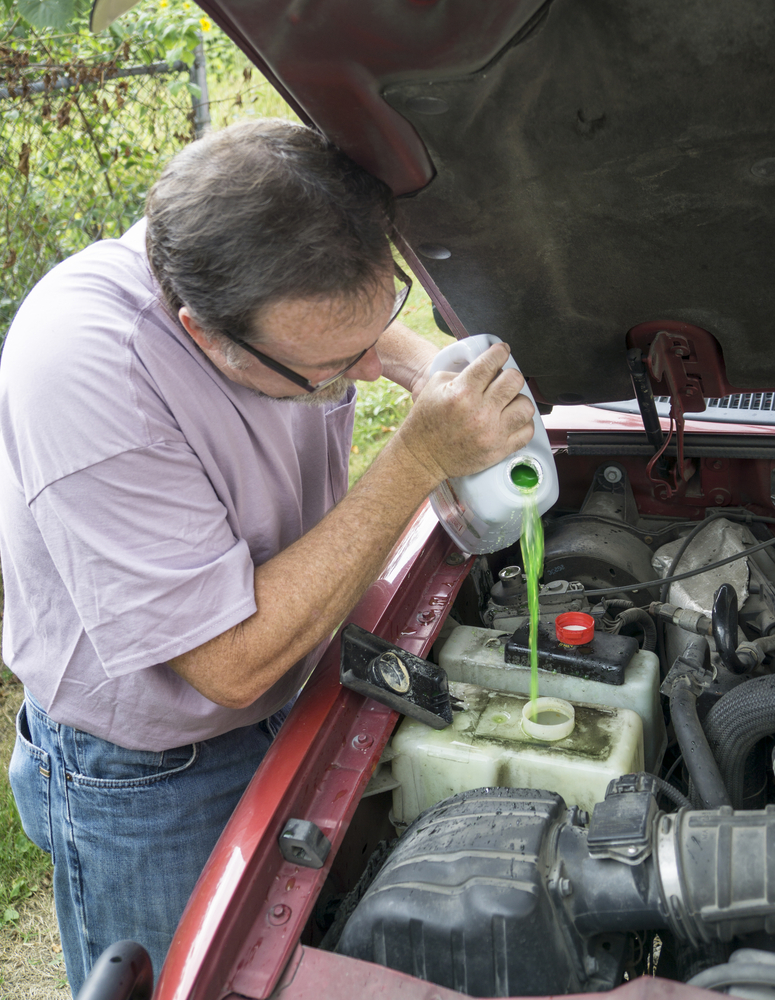
Coolant helps regulate your car’s engine temperature and prevents overheating. Over time, coolant can become contaminated and lose its effectiveness. Regular flushes ensure that your cooling system operates efficiently, preventing overheating and engine damage. For example, old coolant can cause corrosion and buildup in the radiator and other cooling system components. Regular coolant maintenance helps ensure that your engine runs at the optimal temperature and reduces the risk of overheating.
Neglecting to Replace Air Filters
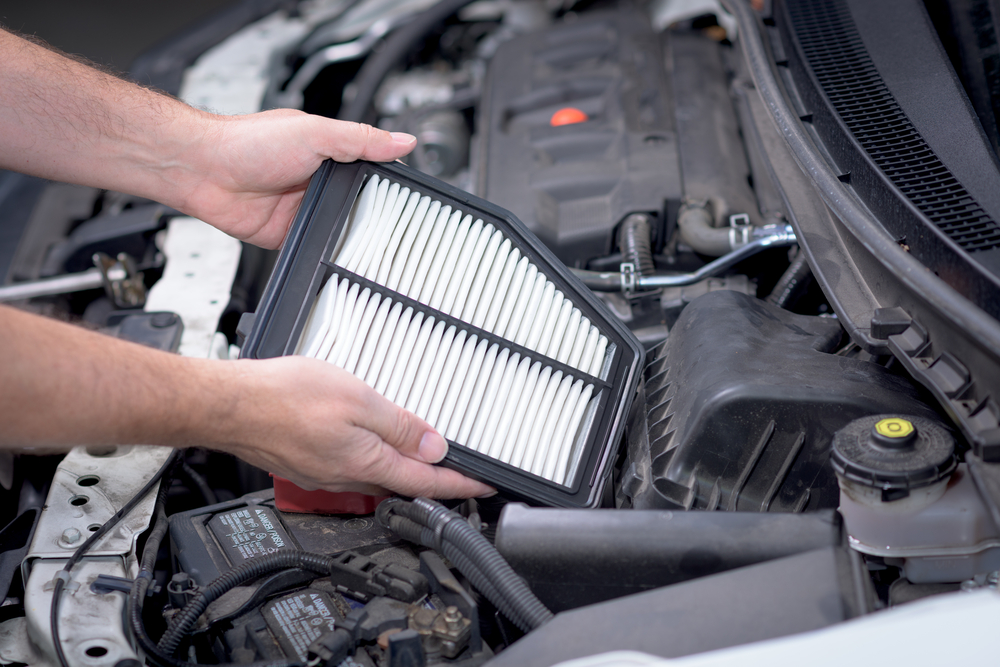
Air filters prevent dirt and debris from entering your engine and cabin. Over time, they can become clogged, reducing engine performance and air quality inside the car. A clogged engine air filter can reduce airflow, causing the engine to work harder and reducing fuel efficiency. Regularly replacing air filters helps maintain optimal engine efficiency and a clean cabin environment. Clean air filters contribute to better engine performance and improved air quality for passengers.
Overlooking Exhaust System Issues
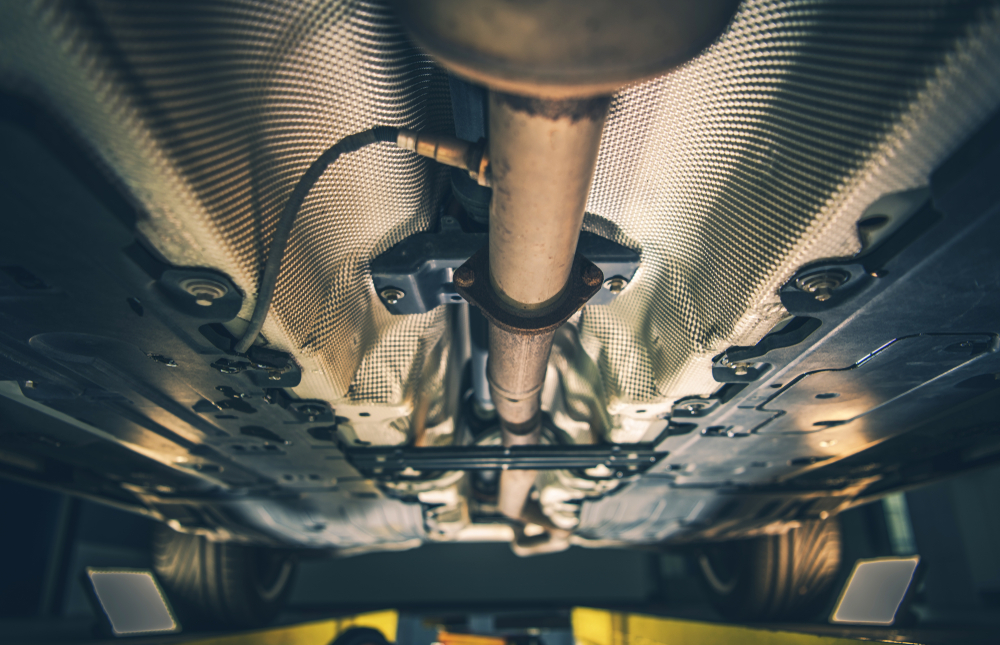
The exhaust system helps reduce emissions and noise. Ignoring issues like rust, holes, or leaks can lead to increased emissions, reduced fuel efficiency, and potential health hazards. A damaged exhaust system can also cause harmful gases to enter the cabin, posing a serious risk to occupants. Regular inspections and repairs ensure that your exhaust system functions correctly. Maintaining the exhaust system helps protect the environment and ensures your car runs efficiently and safely.
Failing to Check and Maintain the Car’s Lights
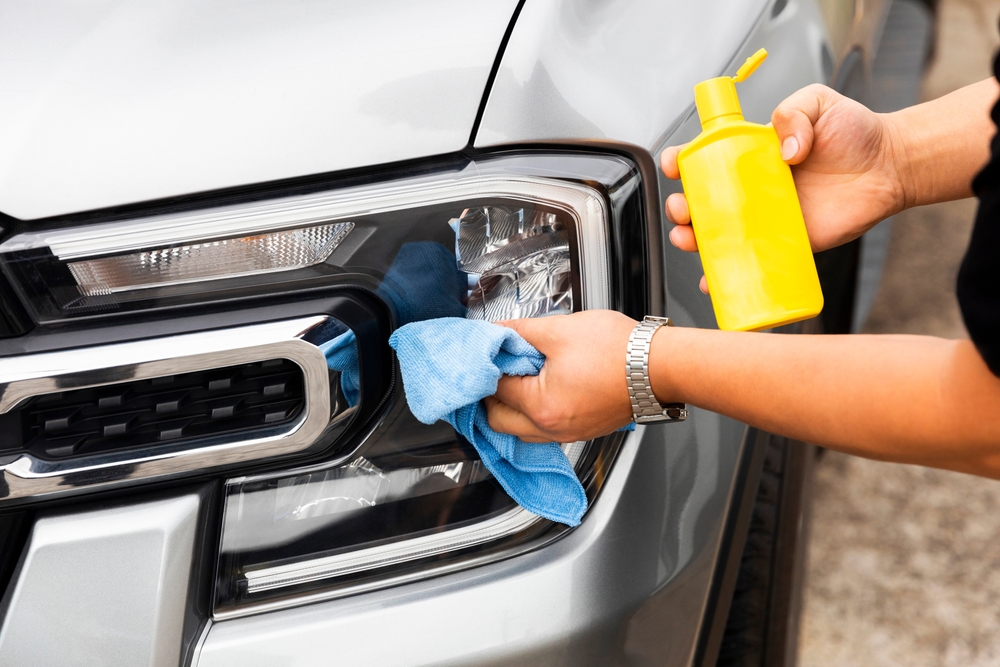
Properly functioning lights are crucial for visibility and safety, especially at night or in poor weather conditions. Regularly checking and replacing bulbs, cleaning lenses, and ensuring alignment helps maintain optimal visibility and compliance with safety regulations. For example, dim or misaligned headlights can reduce your ability to see and be seen by other drivers. Maintaining your car’s lighting system ensures that you can drive safely and legally.
This article originally appeared on MyCarMakesNoise.
More from MyCarMakesNoise
10 Car Modifications That Will Transform Your Vehicle

In the realm of automotive enthusiasts, personalizing an import car is more than just a hobby; it’s an expression of individuality and passion. This article is a guide tailored for those looking to elevate their vehicles beyond the ordinary. Read More
10 Companies Revolutionizing Self-Driving Vehicles

The automotive landscape is undergoing a transformative shift as the autonomous era unfolds, with technology paving the way for self-driving vehicles. In this dynamic and groundbreaking industry, several companies are at the forefront, driving innovation and shaping the future of transportation. Read More
10 Impressive Car Brands You Might Not Know About

In the vast world of automobiles, beyond the well-trodden path of renowned brands, lies a trove of lesser-known car manufacturers that offer exceptional value without compromising on quality and performance. Read More














